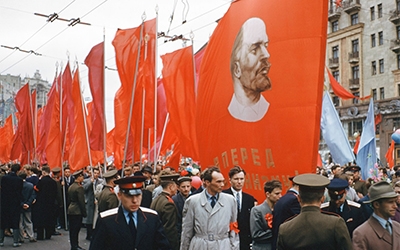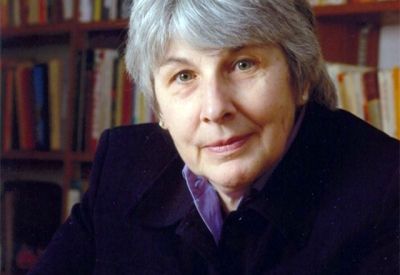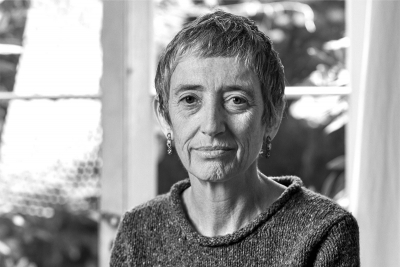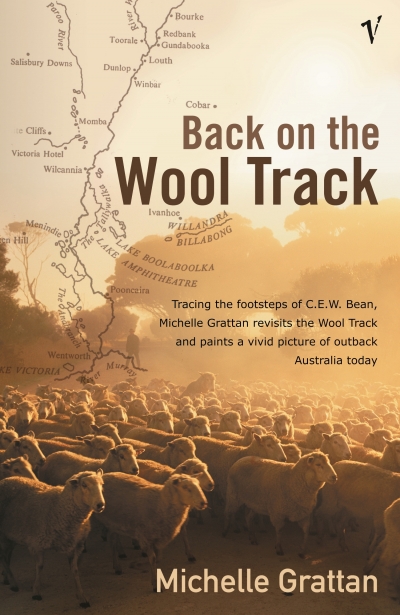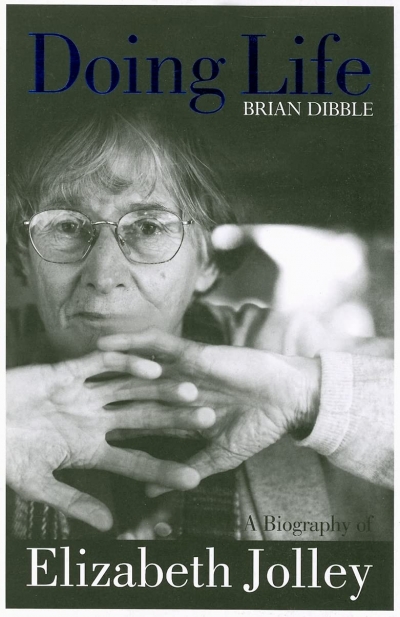Business
Rogue Corporations: Inside Australia’s biggest business scandals by Quentin Beresford
by Stuart Kells
Quentin Beresford, an adjunct professor in politics at Sunshine Coast University, has written and edited about a dozen books, including the excellent Wounded Country (2021), which dealt with the failure of water policy in the Murray-Darling Basin. His latest offering explores thirteen ‘business scandals’ in Australia. Beresford’s definition of a scandal is selective and eclectic. The scope of the book extends to corporate collapses but also to wage theft, climate-change denial, occupational health and safety failures, and the destruction of Indigenous heritage sites.






















